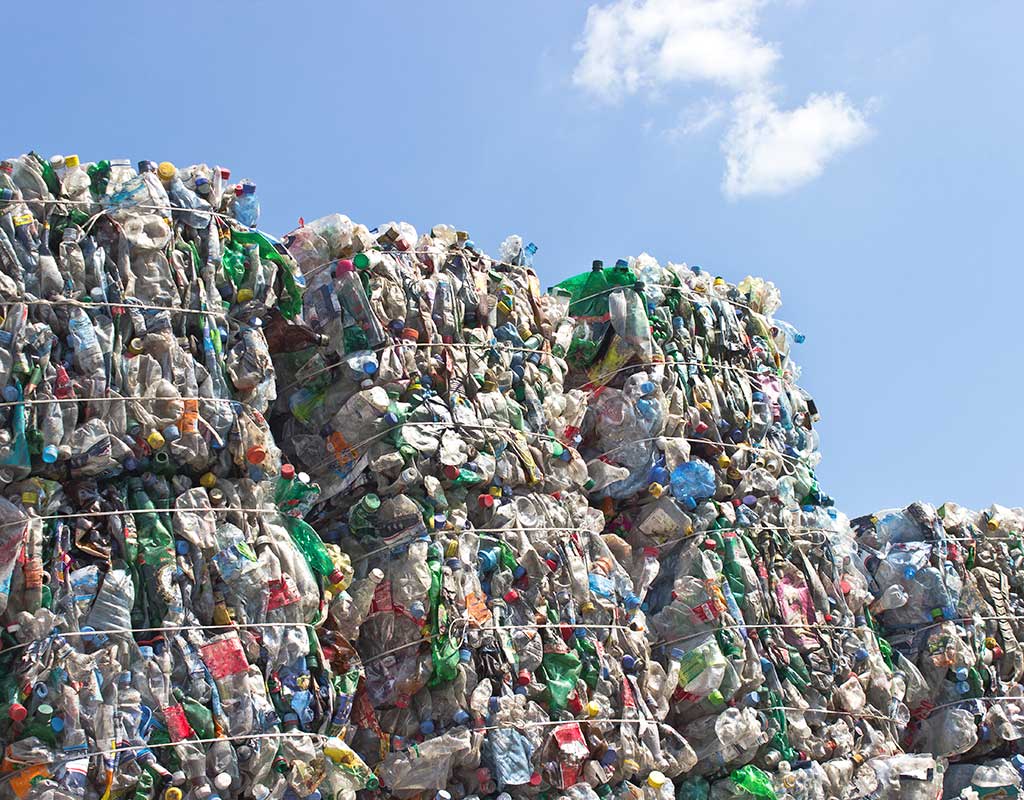
“Change is coming one way or another. Our choice is whether we try to shape that change to the maximum benefit of all or wait passively as the forces of climate disaster, scarcity, and fear of the ‘other’ fundamentally reshape us.”
-Naomi Klein
Can we wean ourselves from the old unsustainable linear model for economic growth: take resources, make products, and discard waste? That’s the question the fourth Big Move in the One Climate Future plan.

A “circular economy” extends the lifespan of environmentally friendly materials and products while discouraging the use of others. We use organic wastes to replenish soils. And we expand marketplaces to accommodate recycled materials. Industrial wastes become source materials for other products.
Our ancestors practiced circular economies in which little was wasted. In such economies, we design products for extended use with possibilities for repair and reuse. People borrow tools and bargain in exchange for services. Things “circulate.”
Bright ideas for a more circular economy abound:
- Foster community spaces like community kitchens, community centers, community gardens, makerspaces, and tool libraries.
- Support “repair fairs” by hosting them in public spaces.
- Expand access to open spaces for community gardens and food forests, and support food recovery programs that redistribute surplus.
Keep products, equipment and infrastructure “circulating” to improve productivity. Design them to be safe for human health and the environment. Conserve “natural capital” (soil, air, water, and all living things) as a priority.
With radical changes in design, production, and technology, natural resources may last longer, and their benefits go farther. Consider, for instance, how food waste and increased organic recycling may ensure that we better use excess food to nourish people, animals, industries, and soils. Also consider how industry could recover and restore products rather than throwing them away. It’s all a matter of forethought and design.
Such a huge systemic shift builds long-term resilience and generates new opportunities. Our ancestors did this.
We can too.
BRIGHT IDEA: Learn more about how the linear economy creates waste by watching The Story of Stuff movie. Then see what bright ideas this sparks for you.
Access the full draft of the OCF plan at www.oneclimatefuture.org under “Reports.”
Bright Ideas is brought to you by Portland Climate Action Team which, during the pandemic, meets online the 4th Thursday of the month, 6-7:30 p.m. All are welcome to join in. FMI: portlandclimateaction@gmail.com.





